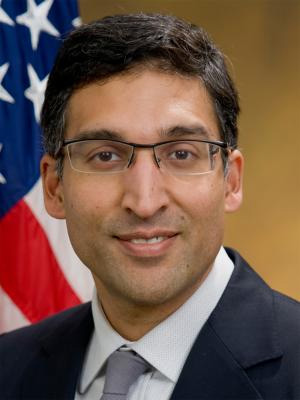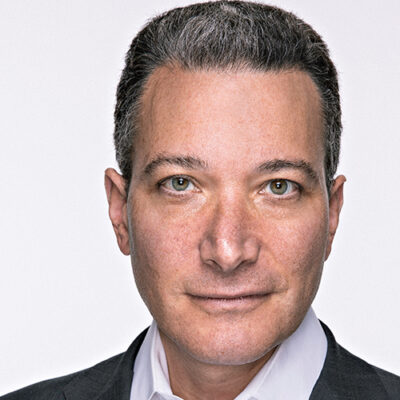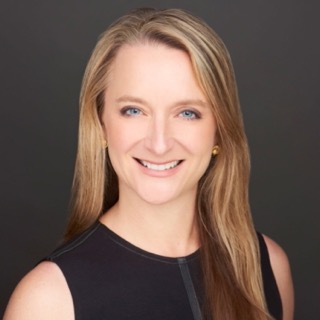Bloomberg 272, Homewood Campus
Debate: 7-8 PM

The Supreme Court is nearing the end of yet another impactful term, with Justices set to hand down major decisions on student loan debt cancellation, voting rights, gerrymandering, and affirmative action among others in the next few months.
These decisions come on the heels of last year’s explosive term, which saw security threats, unprecedented leaks, and the overturning of Roe v. Wade after nearly 50 years of legal precedence. The impacts of last year’s term continue to be felt by individuals across the country and have left many wondering if the Supreme Court has become too politicized, too broken, or too illegitimate as a result of its current make-up and recent decisions.
Pundits and talking heads across media outlets have echoed these concerns loudly, sometimes offering a slew of “needed” reforms, such as Court expansion or terms limits, but are these reforms actually needed or even realistic in the current political context?
That is the question Johns Hopkins students and the public will be invited to explore at an upcoming debate featuring Neal Katyal, former Acting Solicitor General of the United States, Jeffrey Rosen, President and CEO of the National Constitution Center, and moderated by Kimberly Wehle, of the University of Baltimore School of Law.
The event will feature a debate designed to pull back the curtain on the Supreme Court’s decision-making process by exploring the legal arguments featured in one or more recent landmark cases, followed by an open discussion period – including questions from the audience – in which our legal experts will discuss whether or not the Supreme Court is “broken,” and if so, what, if anything, can be done to fix it.
This event is being hosted in partnership with the Johns Hopkins Foreign Affairs Symposium.
About the speakers:
 Neal Katyal is a highly respected American lawyer and legal scholar, currently serving as a partner at the prestigious law firm of Hogan Lovells. He is widely recognized as a leading expert in the fields of national security and constitutional law, having argued numerous high-profile cases before the Supreme Court of the United States. He holds the position of professor at Georgetown University Law Center, where he imparts his knowledge and expertise in the areas of national security, constitutional law, and separation of powers. Katyal has also served as the acting solicitor general of the United States, and his contributions to the legal profession have been widely acknowledged, having received numerous awards including the American Bar Association’s Thurgood Marshall Award for outstanding contributions to public service.
Neal Katyal is a highly respected American lawyer and legal scholar, currently serving as a partner at the prestigious law firm of Hogan Lovells. He is widely recognized as a leading expert in the fields of national security and constitutional law, having argued numerous high-profile cases before the Supreme Court of the United States. He holds the position of professor at Georgetown University Law Center, where he imparts his knowledge and expertise in the areas of national security, constitutional law, and separation of powers. Katyal has also served as the acting solicitor general of the United States, and his contributions to the legal profession have been widely acknowledged, having received numerous awards including the American Bar Association’s Thurgood Marshall Award for outstanding contributions to public service.
 Jeffrey Rosen is a distinguished American lawyer and legal scholar, currently serving as the president and CEO of the National Constitution Center. He is considered a leading authority in the field of constitutional law and has made significant contributions to the understanding of the Constitution and the Supreme Court through his extensive writing and research, where he has won numerous awards including the Bradley Prize for Intellectual Achievement. He is a professor at George Washington University Law School, where he teaches courses on constitutional law and legal history. Rosen is a regular contributor to numerous publications, including The New York Times, The Atlantic, and The Washington Post, and is a sought-after commentator on legal and constitutional issues, appearing on various television and radio programs.
Jeffrey Rosen is a distinguished American lawyer and legal scholar, currently serving as the president and CEO of the National Constitution Center. He is considered a leading authority in the field of constitutional law and has made significant contributions to the understanding of the Constitution and the Supreme Court through his extensive writing and research, where he has won numerous awards including the Bradley Prize for Intellectual Achievement. He is a professor at George Washington University Law School, where he teaches courses on constitutional law and legal history. Rosen is a regular contributor to numerous publications, including The New York Times, The Atlantic, and The Washington Post, and is a sought-after commentator on legal and constitutional issues, appearing on various television and radio programs.
 Kimberly Wehle joined the University of Baltimore law school after several years of teaching as an Associate Professor at the University of Oklahoma College of Law and a Visiting Professor at the George Washington University Law School. She teaches and writes in the areas of administrative law, federal courts and civil procedure. She is particularly interested in separation of powers questions, as well as in the constitutional implications of structural and technological innovations in modern government. She has practiced before the United States Supreme Court and argued several cases in the United States Court of Appeals for the D.C. Circuit.
Kimberly Wehle joined the University of Baltimore law school after several years of teaching as an Associate Professor at the University of Oklahoma College of Law and a Visiting Professor at the George Washington University Law School. She teaches and writes in the areas of administrative law, federal courts and civil procedure. She is particularly interested in separation of powers questions, as well as in the constitutional implications of structural and technological innovations in modern government. She has practiced before the United States Supreme Court and argued several cases in the United States Court of Appeals for the D.C. Circuit.
